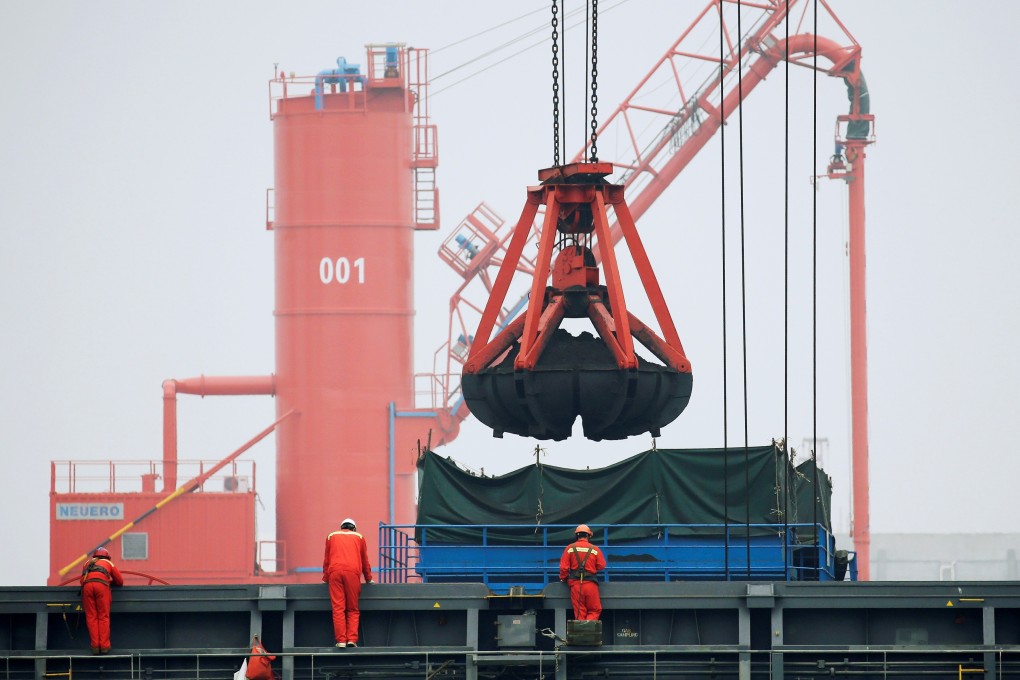Advertisement
China-Australia relations: Beijing may feel pressure to lift coal bans amid dearth of steel materials
- China’s bans on Australian coal and copper are ‘causing self-inflicted wounds’ amid shortages of raw materials needed in industrial sectors
- Coronavirus outbreaks in Mongolia and blockades in Peru have heaped pressure on supply chains, but China shows no sign of relenting yet
Reading Time:3 minutes
Why you can trust SCMP
86

China may come under pressure to lift its ban on Australian coking coal and copper concentrates amid dwindling supplies of high quality raw materials, analysts said, although there are few signs that Chinese authorities are willing to relent just yet.
Australia is known for its premium hard coking coal, a crucial raw material for steel making.
Since October’s unofficial ban on both coking and thermal coal, steel mills, which are especially reliant on Australia’s hard coking coal variety, have resorted to using either more expensive coal of equal quality from countries like the United States, Russia, Canada and Mongolia, or lower quality coal from its own mines and other sources.
Advertisement
Pressure has built on steel mills’ profit margins, while concerns over the low quality of steel output have risen, as a result of using inferior coking coal.

09:18
Will iron ore be dragged into the ongoing China-Australia trade conflict?
Will iron ore be dragged into the ongoing China-Australia trade conflict?
Some local mills and traders have petitioned their local governments over recent weeks for relief from the Australian coal ban, according to Fastmarkets, a pricing and research group.
Advertisement
Advertisement
Select Voice
Select Speed
1.00x